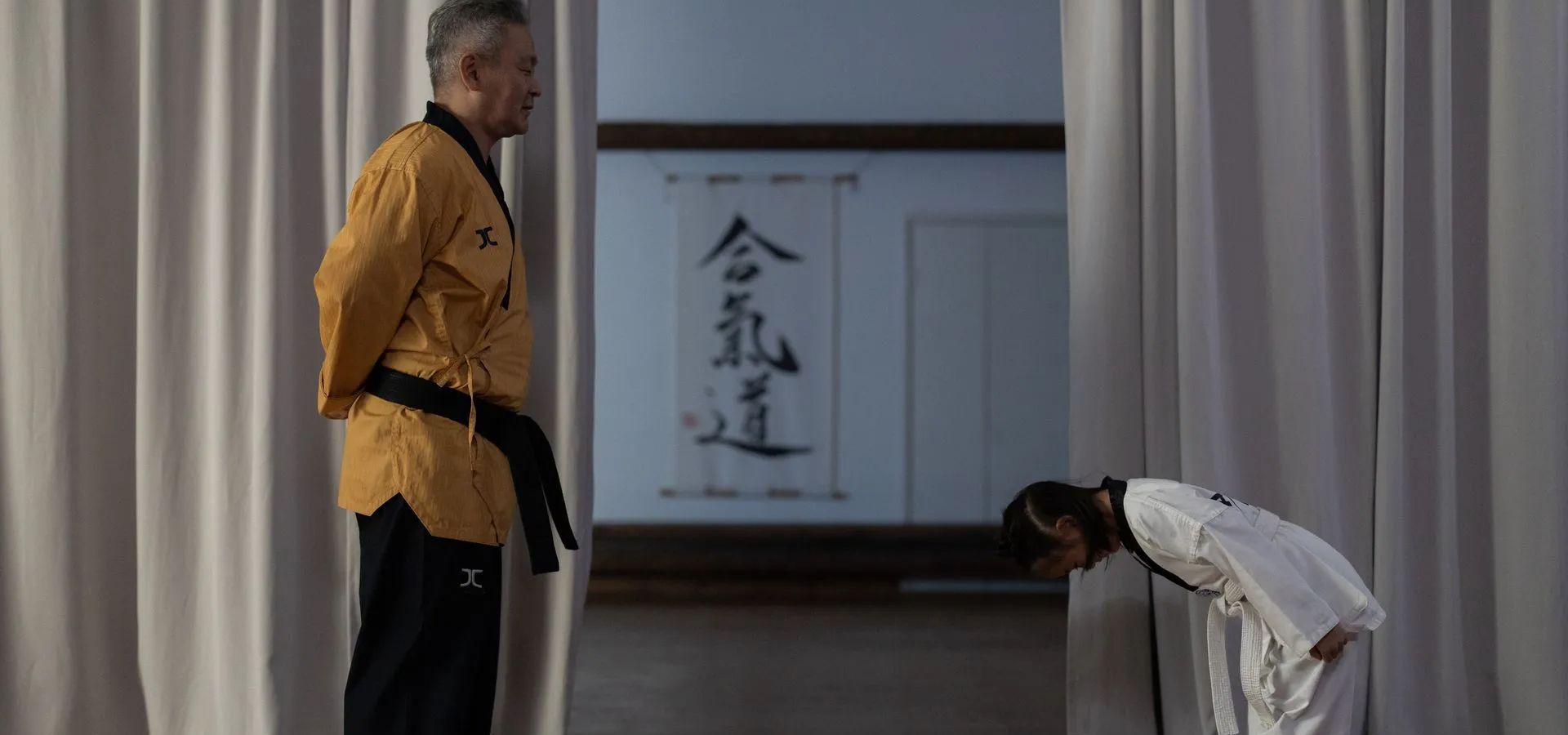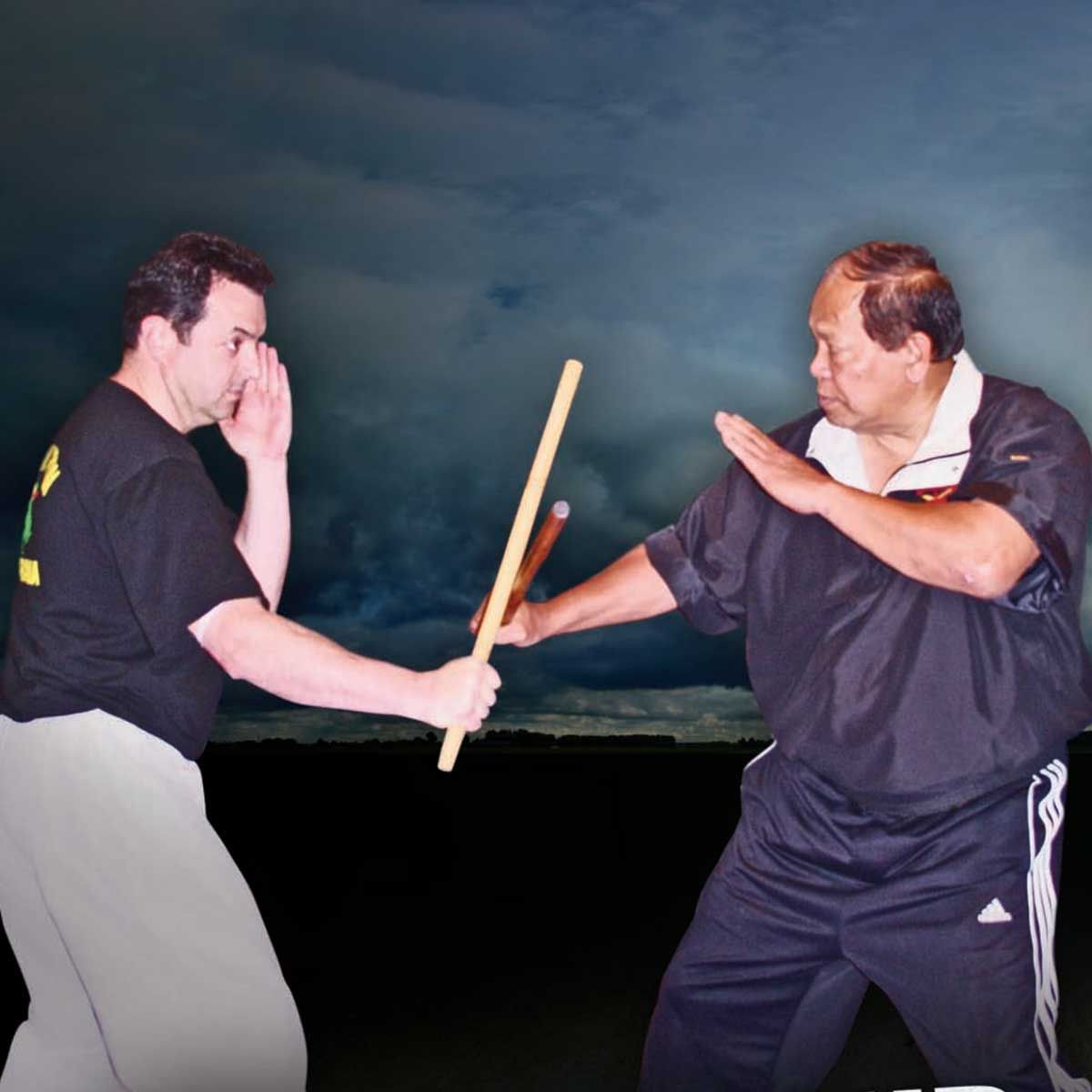FIGHTIN' WORDS - Kacey Chong
READER’S FORUM
For our regular ‘Fightin’ Words’ discussion with elite martial arts instructors, last month we asked the question:
‘In the martial arts, there is often a fine line between a culture of respect and one of instructor worship within a school or organisation. How can we avoid crossing this line, and is it even necessary to avoid it?’
Here is last month’s winning response from our online forum competition, by Kacey Chong, instructor at Monash Kickboxing:

How do we avoid crossing the line from respect to worship? The teacher (or leader of a school or organisation) is responsible for creating the culture of the school – just as upper management is responsible for the culture of a company. The students will either follow, and fit in with this culture, or leave the school.
Instructors can avoid creating a culture of ‘instructor worship’ by becoming introspective (looking within) and observing their relationship with their students to determine whether they are cultivating mutual respect, or encouraging worship. If a cultural shift is required, this transformation needs to begin at the top (with the teacher or leadership team), and filter down through the organisation.
In a culture of respect, there is often mutual respect. That is to say, respect flows in both directions: from student to teacher, and vice versa. In a culture of ‘instructor worship’, however, the worship is bestowed upon the teacher by the student. It’s a one-way street — the teacher generally does not ‘worship’ the student in return. Respect means holding a teacher in high regard, but recognising the teacher as a human being with their own strengths, as well as flaws. You can disagree with a person and still respect them. Worshipping the teacher often means the teacher can do no wrong, is always right and cannot be questioned; revered and flawless (god-like). You would not normally disagree with or question an entity you ‘worship’ (at least not outwardly).
So is it necessary to avoid ‘instructor worship’? I don’t believe there is anything ‘wrong’ with instructor worship per se. For instance, in some countries, instructor worship is socially acceptable; in others, it is not. If there is a need for a student to ‘worship’ and the teacher fills this ‘need’, and nobody is harmed by this arrangement, then there’s no problem. Where the culture of worship begins to adversely affect other aspects of the student’s life (e.g. career, finances, family relationships, physical or mental health, etc.), or the teacher abuses the power of their position, this becomes problematic and the student should leave in search of a different teacher. □
Blitz Martial Arts Magazine MARCH 2010 VOL. 24 ISSUE 03, page 20













